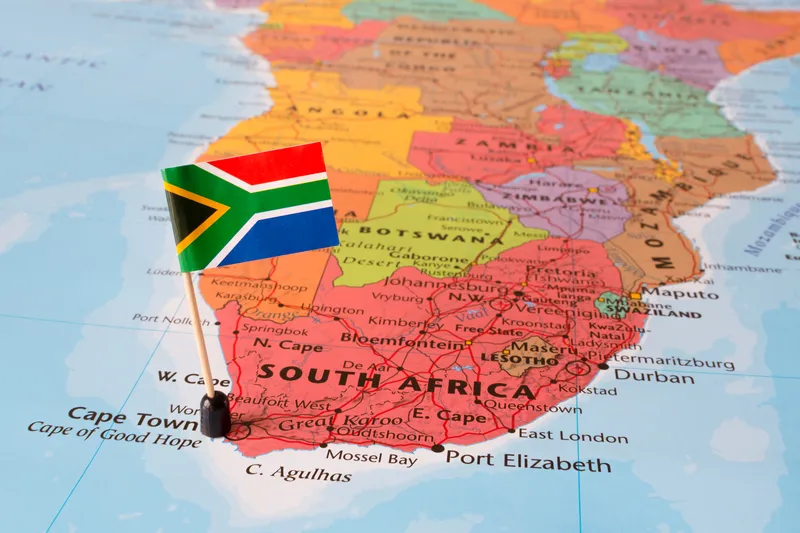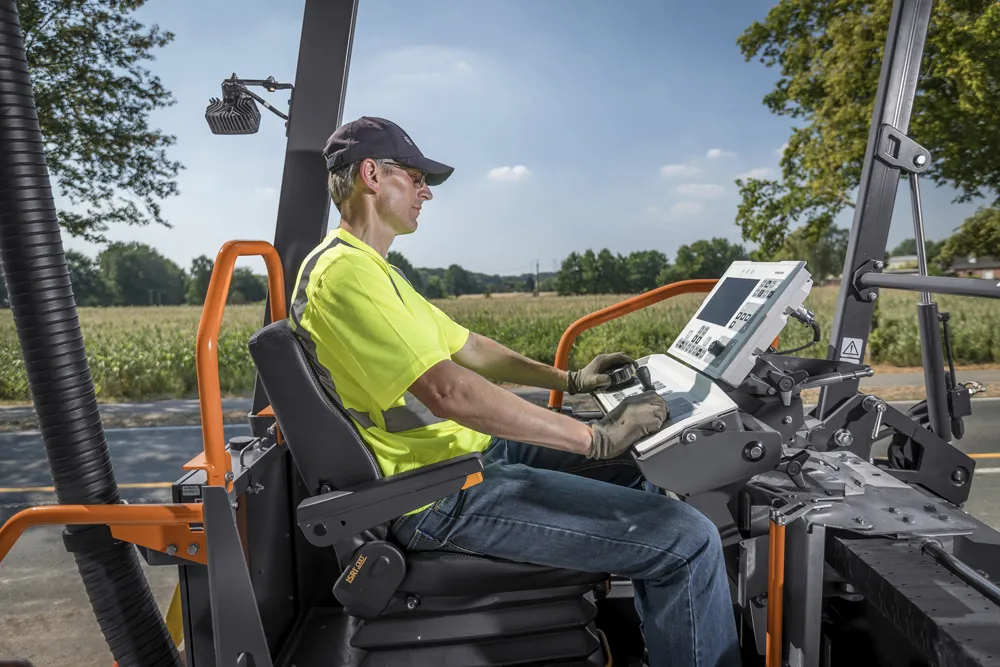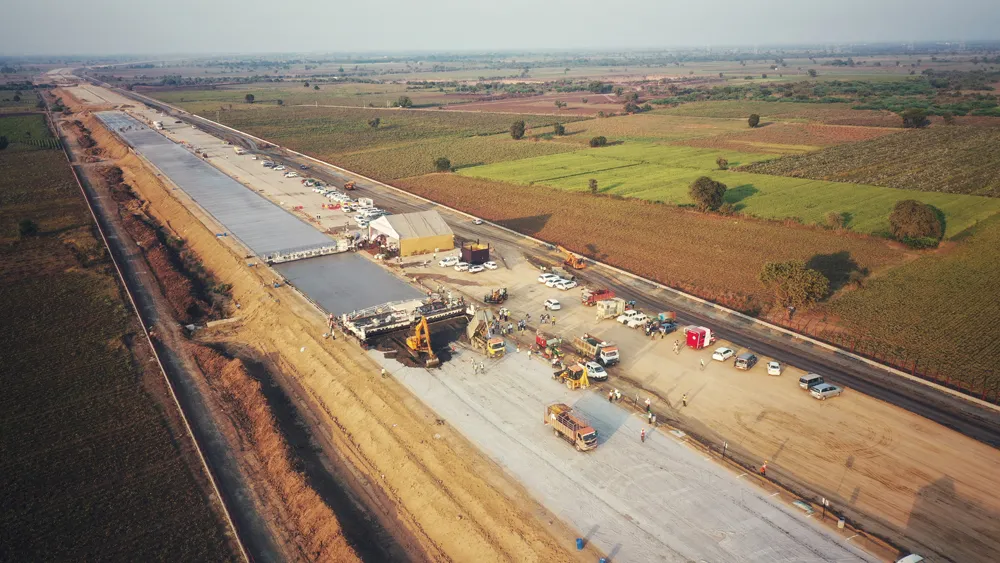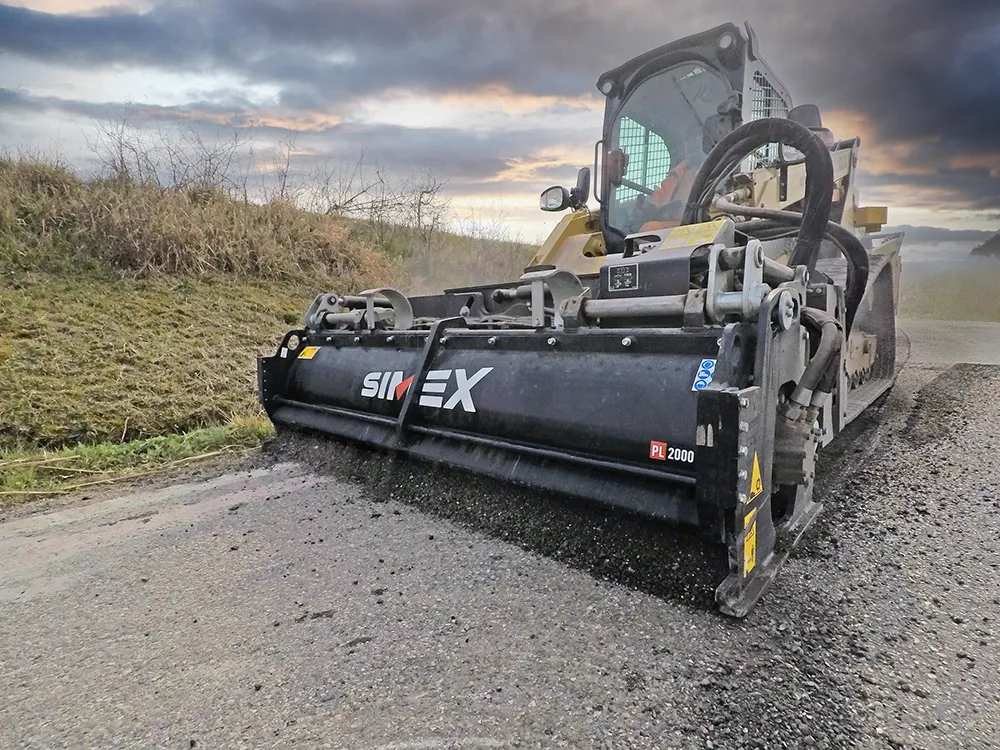
South Africa will be the first country to pilot the use of two innovative tools developed by the Sustainable Mobility for All coalition (of which IRF is a founding member) to accelerate progress on the Sustainable Development Goals (SDGs). The Global Tracking Framework for Transport will diagnose South Africa performance, and the Global Roadmap of Action Toward Sustainable Mobility will help prioritise policies and investments based on global experience.
The Ambition
South Africa achieved improvements on several SDGs, including food security, education, health, water and electricity; but has fallen behind in others. Poverty remains highest among black Africans. Outdated rail facilities, overburdened roads, and poorly integrated mass transit have eroded the efficiency of transport services (SDG 9), impair social inclusion and threaten the sustainability of cities (SDG 11). There is an urgent need to accelerate progress towards the 2030 goals.
Key to the ambition of achieving the SDGs is to tackle vulnerabilities in the broader transport and mobility system. Transport does not have a distinct SDG; however, it plays a critical role in enabling other SDGs and achieving growth and development. For example, without reliable and sustainable transport systems, young people cannot attend school (SDG 4), women cannot access opportunities (SDG 5), and the world cannot curtail greenhouse gas emissions (SDG 13). Recent research shows that there is a clear correlation between achieving the SDGs and the quality of a country’s transport system. Countries with the highest scores on the SDGs have more robust and sustainable transport systems in place, while those with the lowest fall down for their inadequate transport system.
This result holds for South Africa, which scores low on both the SDGs and sustainable mobility - a composite measure of progress on universal access, efficiency, safety, and green mobility. South Africa ranks 112th in 183 countries in terms of sustainable mobility. Unless South Africa tackles vulnerabilities in its transport and mobility system, it is unlikely to reach its SDG targets by 2030.
The Task at Hand
Building on South Africa’s National Master Plan (NATMAP 2050), SuM4All’s coalition of 54 public organisations and private companies will work together to assess the current mobility system and its ability to support the achievement of the SDGs.
This will use of the best available knowledge on tried and tested transport policy interventions from around the world to propose a ‘roadmap of action’ consisting of timebound, data-informed action plans for transport.
Impact of COVID on Transport
The South Africa pilot was agreed with the Development Bank of Southern Africa prior to the pandemic. Since then, like much of the rest of the world, South Africa has faced a huge health, economic, and social crisis that is likely to affect the mobility system over the long term.
COVID-19 lockdown regulations severely affected road operations, freight, and logistics in the country. Major sectors of the economy were shut down, and international borders were closed except for essential cargo. Since May, restrictions on some major economic sectors such as mining and agriculture are being gradually lifted.
All operations of the South African National Roads Agency (SANRAL) were disrupted, including a 5-week suspension of construction. Road traffic was reduced by 70%, resulting in a sharp decline in revenue in the 2,952km of toll roads. Other short-term impacts included construction and maintenance delays; cost implications from contractors and health and safety regulations; and procurement disruptions and reprioritisation of funding.

Only 25% of the freight fleet was operating as of late April 2020, leading to unemployment risks in the trucking sector, higher warehousing costs, and operational challenges for long-distance drivers (such as no availability of rest stops or hot meals). South Africa’s maritime value chain has also suffered the effects of the novel coronavirus.
More broadly, employment in the transport sector was heavily impacted by COVID-19.
- Bus system. Only minimum bus operations for essential workers were allowed during the lockdown. Bus workers were put on leave and received 38% to 60% of their wages, resulting in financial duress. Job cuts are also expected.
- Minibus taxi system. The industry employs 650,000 people, from drivers to car washers. Services were restricted to essential workers and the number of passengers per trip was limited to 70% of normal. Most workers in the sector do not have job security and will lose their jobs if they do not work.
- Aviation. The liquidation of SA Express Airways suspended over 600 employees, and possible cutbacks at South African Airlines would also cause job losses.
In this context, new questions have arisen for SuM4all partners: how will the COVID crisis affect long-term performances of countries’ mobility and transport systems? How can this system be made more resilient to shocks, such as a pandemic or climate risk? As action plans are being designed to achieve sustainable mobility, which policy measures will become more important during the economic recovery period? With the knowledge and expertise of 54 internationally recognised organisations brought together, we expect this pilot to add value to South Africa’s ongoing reform efforts to secure a swift recovery, using transport infrastructure as the foundation of sustainable development.









